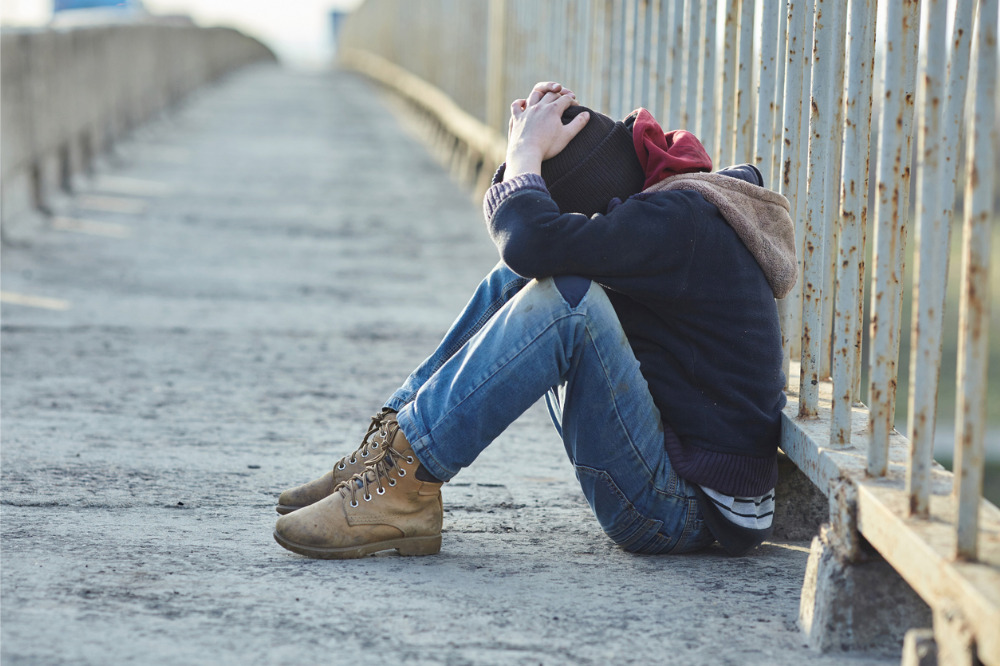
A national youth survey shows one in six young people in Australia aged 15-19 have been homeless. This includes those who had experienced homelessness with or without their families, and had experienced time without a fixed address, lived in a refuge or transitional accommodation and/or had spent time “couch surfing”.
The findings were contained in Mission Australia’s Staying home: A Youth Survey report on young people’s experience of homelessness, which was released on Wednesday.
Of the young people who reported couch surfing (13.0%), almost one in five (18.8%) said that they had first done so when they were under the age of 12.
Many had couch surfed more than once, with a small but important minority staying away for longer than six months, putting them on the path to longer term homelessness without an intervention.
Mission Australia CEO, James Toomey said early intervention is key to ensuring young people don’t continue on a path of homelessness.
“We urge governments to do everything it takes so that young people can avoid homelessness, or move quickly out of homelessness if it does occur, so they are adequately supported to thrive now, and into their futures,” he said.
“It’s also vital that young people with lived experience are at the centre of design and implementation of services intended to meet their needs and that services cater to the diverse experiences of young people”.
Homeless kids more likely to be bullied
The survey also found that young people who had been homeless were twice as likely as those who hadn’t faced homelessness to have been bullied in the past year (39.7% vs. 16.7%), and twice as likely to report psychological distress (51.7% vs. 21.1%).
Alarmingly, respondents who had been homeless were almost four times more likely to feel very sad/sad with life as a whole when compared to their peers who had never been homeless (27.2% vs. 7.2%).
These young people were also more likely to express personal concerns about family conflict, mental health, financial security, suicide and coping with stress.
For young people who had been homeless, the survey found they were more likely to identify barriers to achieving their study or work goals (67.8% vs. 44.8%), notably financial difficulty (20.9% vs. 10.7%), family responsibilities (16.5% vs. 6.4%) and lack of family support (12.1% vs. 2.4%).
Calls for new social and affordable homes
As Australia moves towards economic recovery, Toomey said it is anticipated that even more young people will be pushed into homelessness if there remains little investment in social and affordable homes.
To combat this, he said governments must commit to investing in 500,000 new social and affordable homes by 2030 nationally – including the development of youth-specific social housing options that provide the appropriate levels of support that young people need.
“There is a current opportunity for government investment in social and affordable housing to not only address the rising rates of homelessness including youth homelessness, but also provide economic stimulus and jobs as the Australian economy recovers from the COVID-19 pandemic”.


